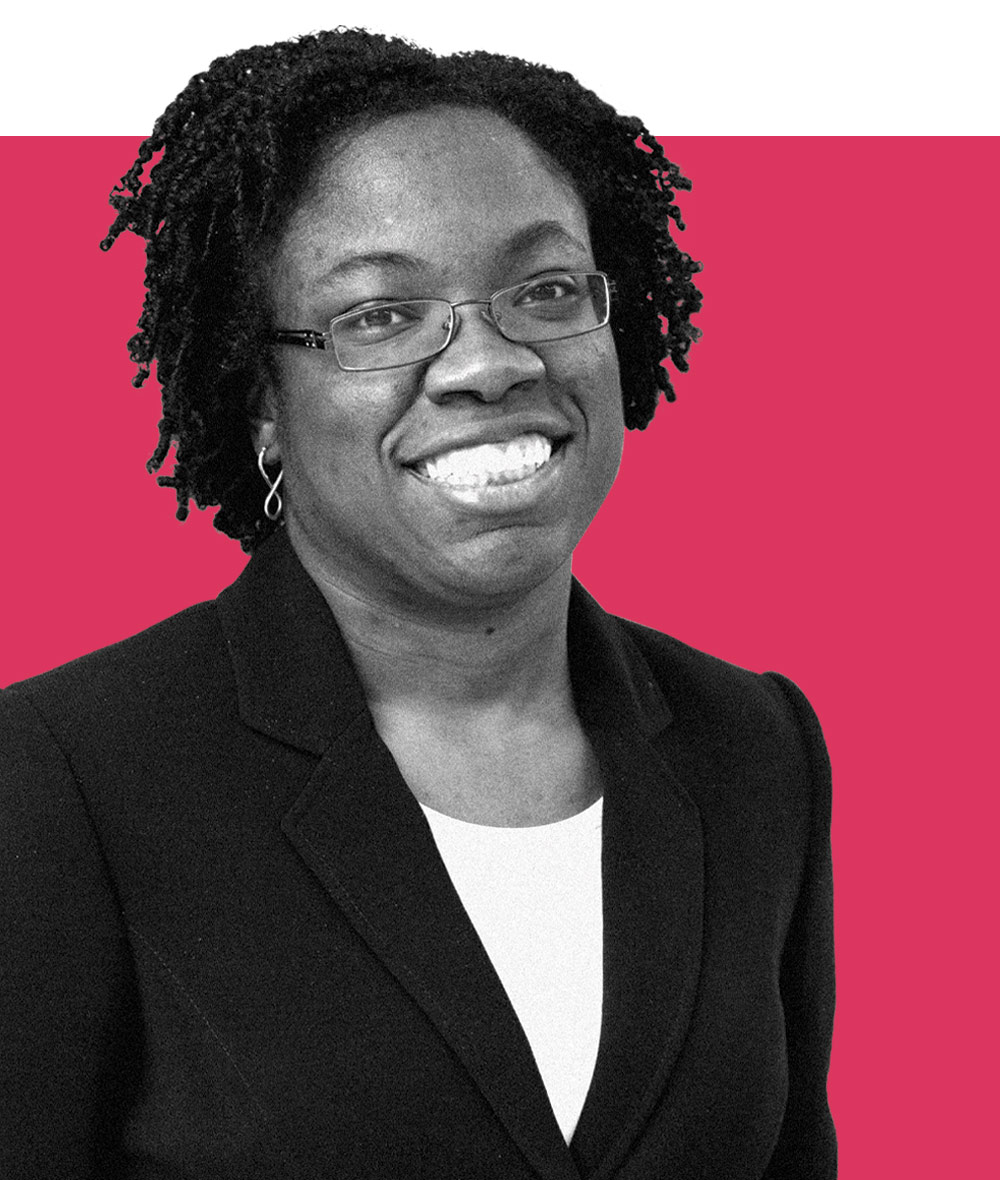
o the clarion call of Black Lives Matter add Black Disabled Lives Matter. Britney Wilson, L’15, is working to ensure that disability is centered among the social justice issues of our time.
Wilson, a Black woman and civil rights attorney with cerebral palsy, came to the Law School knowing that she wanted to practice civil rights law, and especially to advocate on behalf of people of color with disabilities. Wilson has been practicing civil rights law since her graduation — beginning her legal career as a Karpatkin Fellow in the Racial Justice Program in the National office of the ACLU. But despite writing and doing a great deal of personal advocacy on disability issues, incorporating disability into her legal advocacy has been more of a challenge.
“In my experience,” Wilson said, “the civil rights advocacy community and the disability advocacy community have traditionally been pretty separate. Civil rights organizations often have their slate of issues that they work on, all of which affect people with disabilities, but none of which typically include or center us. Similarly, many disability advocacy organizations traditionally focus on their set of issues, which sometimes tend to be less expansive than ‘traditional civil rights issues’ and often don’t include or center the experiences of disabled people of color.”
Yet, Wilson explained, all of the societal disadvantages that come along with racism in this country — poverty, lack of access to quality health care, lack of access to quality education, over policing, every single issue that disproportionately plagues people of color — also disproportionately plagues people of color with disabilities. That’s why she has been working to try to bridge what she sees as a gap between the two worlds.
After her ACLU fellowship, Wilson was a Bertha Fellow at the Center for Constitutional Rights, where she worked on the implementation of a court order in the stop-and-frisk case against the New York Police Department.
Wilson uses an old analogy to illustrate how social justice advocates could benefit from a better understanding of disability.
She said imagine that children are trying to see over a tall fence. Each gets a box to stand on. But some children are shorter than others and may need additional boxes. Others can’t stand on a box at all. “Different people,” she continued, “may need different levels of accommodation to succeed.” She said that could mean extra time on a test, three boxes, or taking down the fence altogether.
In other words, it goes beyond equality under the law, according to Wilson. The concept of accommodation — a familiar one in the disability community — may also be useful in addressing other types of injustice because “you may technically have equal rights, but one size doesn’t fit all when addressing injustice.”
Today Wilson is a Staff Attorney at the National Center for Law and Economic Justice (NCLEJ), where she litigates discriminatory and excessive ticketing cases in Buffalo, NY and Montgomery, Ala.
But her ultimate goal is to do advocacy work that combines both racial justice and disability. In October, NCLEJ and Disability Rights New York filed a case challenging the New York State Department of Health’s Ventilator Allocation Guidelines on behalf of chronic ventilator users. The guidelines, Wilson said, allow hospitals to reallocate the personal ventilators of chronic ventilator users to those deemed more likely to survive if chronic ventilator users seek medical care at a hospital when there is a shortage of ventilators. As a result, chronic ventilator users are afraid to go to the hospital during the pandemic. The lawsuit asks New York Governor Andrew Cuomo and the Commissioner of the New York State Department of Health to amend the guidelines to ensure that people’s personal ventilators will not be taken away.
Wilson said it means a lot to her as a disabled attorney to finally get to lead a case on behalf of people with disabilities. Medical rationing policies and discrimination in the provision of healthcare services also disproportionately affects people of color, people with disabilities, and people of color with disabilities.
“I’ve worked my entire career so far to litigate both ‘traditional civil rights cases’ and disability cases, and I’m proud of that,” Wilson said. “It’s the first step on a broader journey for me.”